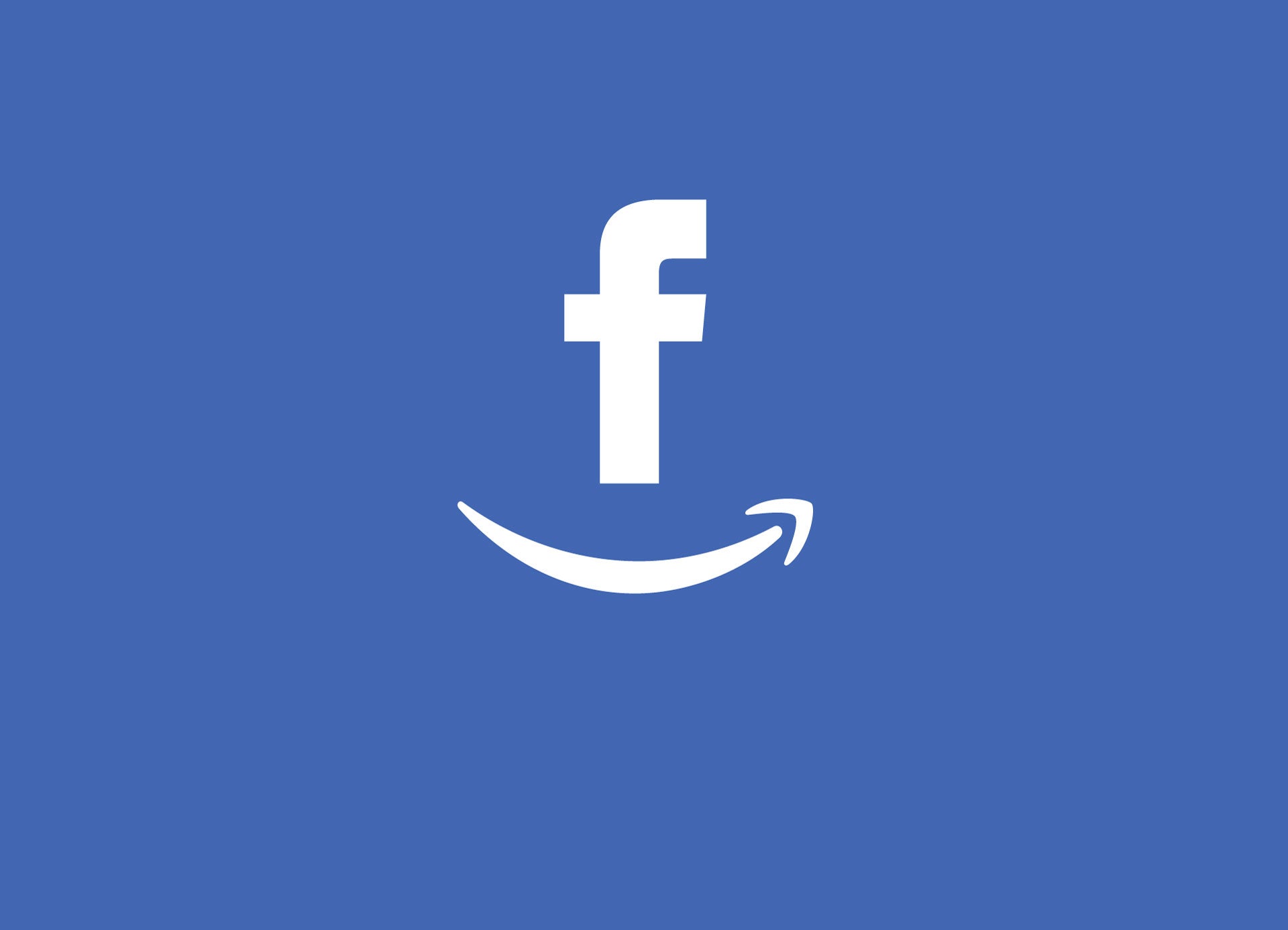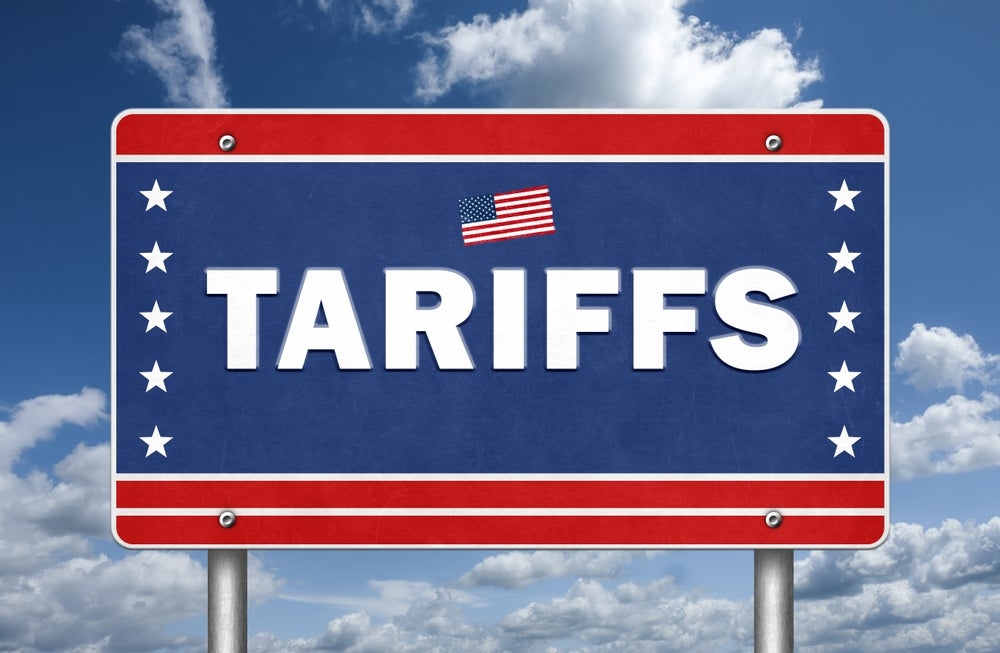
The pandemic has upended the plans of many technology giants, but for Facebook, it has accelerated a long-anticipated product release: Facebook Shops.
Announced Tuesday, the new feature will allow businesses to list and sell products on social media platforms Facebook and Instagram for free. Some are touting it as a future rival to Amazon. Facebook has downplayed such ambitions, positioning it as a lifeline for struggling businesses to sell more goods during the pandemic.
Both assessments have merit. But in reality, Facebook Shops is a key milestone for the company’s long-term goal of becoming a dominant one-stop-shop super app.
Facebook chief Mark Zuckerberg has made no secret of his aim for Facebook to emulate WeChat, the Chinese all-in-one app where you can stay in touch with friends, order a taxi and purchase goods.
For Facebook, the purpose of this approach is to keep people within its ecosystem and drive a key metric – engagement. The more time people spend in this ecosystem, the more lucrative it becomes for advertisers.
“Shops brings Facebook closer to the ubiquity of WeChat, serving to drive ad-placement in more diverse contexts,” says Nick Benson, associate research analyst at MarketLine, a business intelligence firm.
“But it is likely to be more about risk-mitigation than global domination, as Facebook’s first-quarter ad-revenue is sharply down, and its 300 million year-on-year increase in active users is almost certain to drop off after lockdowns are lifted.”
Facebook has made no attempt to disguise this and will “grow its ads engineering team” to support the anticipated additional advertising revenue.
“Our business model here is ads,” Zuckerberg said. “So rather than charge businesses for Shops, we know that Shops are valuable for businesses. They’re going to in general bid more for ads and we’ll eventually make money that way.”
Facebook Shops faces uphill struggle to rival Amazon
Facebook Shops builds on its previous forays into ecommerce, such as peer-to-peer selling platform Marketplace and Instagram’s Checkout tool that allows users to buy items featured in a post.
Shops goes further, allowing businesses to create a customisable virtual store that will appear across the Facebook family of apps. Much like WeChat, users will be able to contact businesses via Facebook-owned WhatsApp, Messenger and Instagram direct messages.
Facebook also plans to roll out a tool called Live Shopping, which allows viewers to make purchases directly while watching videos, and will also connect loyalty programmes to Shops.
But for all its might, Facebook faces an uphill struggle to become a serious rival to ecommerce behemoth Amazon.
For starters, Amazon has first-mover advantage and its dominant position has solidified during the pandemic while high street shops have been shuttered. Since the World Health Organisation declared a pandemic its share price has soared by 35%.
Nor does Facebook Shops have the state-of-the-art logistics operations that has made Amazon so successful, making its founder Jeff Bezos the richest man in the world in the process.
“I think it’s unlikely that Facebook Shops will become a rival to Amazon in the future,” says Luke Gowland, thematic analyst at GlobalData, a data analytics firm that is Verdict’s parent company. “Amazon’s sheer size and infrastructure network will make it hard to compete.”
Facebook privacy concerns cast a long shadow
Facebook’s monthly user base of 2.6 billion people – nearly twice the size of India’s population – and the low barriers to entry will have strong appeal for businesses. The difficulty will be in persuading consumers to trust a company that is yet to fully shake the shackles of previous privacy violations, most notably the Cambridge Analytica scandal.
“Facebook Shops will mean that Facebook is accessing more and more user information,” says Gowland. “Facebook must manage this information carefully. Another high-profile data scandal will be detrimental to the company.”
In a blog post, Facebook sought to reassure privacy concerns by stating that browsing habits will not be personally identifiable and that it will “securely store and encrypt” payment card numbers.
Shops is “unlikely to come close to rivalling” Amazon, adds Benson. The more pressing challenge, he says, will be to create a userbase that will last beyond the pandemic.
“Small businesses that had opted out of ecommerce before could ditch the platform once lockdowns are lifted, and the peak in usership during lockdown will almost certainly be followed by a trough,” says Benson.
The road to Facebook becoming a super app has been a long one, which arguably began with its purchase of Instagram in 2012 before it was reinforced by its acquisition of WhatsApp in 2014. Nor has it been a steady ride, with digital currency project Libra – a cryptocurrency to be used within the Facebook ecosystem – facing major recent setbacks.
Facebook Shops looks set to be another piece of the puzzle in the firm’s goal to become the ‘everything app’. But for now at least, Amazon’s crown as the ‘everything store’ is more than safe.
Read more: Facebook Shops will come under scrutiny for data security







